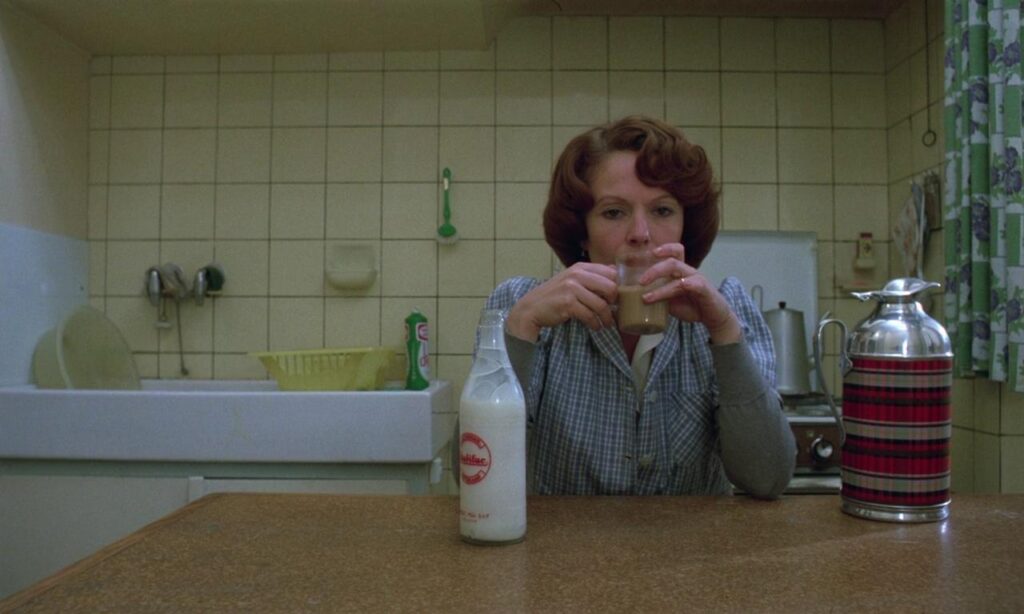Jeanne Dielman, 23 quai du Commerce, 1080 Bruxelles (1975)
Perhaps the only thing longer than the title Jeanne Dielman, 23 quai du Commerce, 1080 Bruxelles is the film itself, as Chantal Akerman forces us to feel every passing minute of one homemaker’s fastidious routine, along with its gradual, psychological decay into exasperating chaos.

